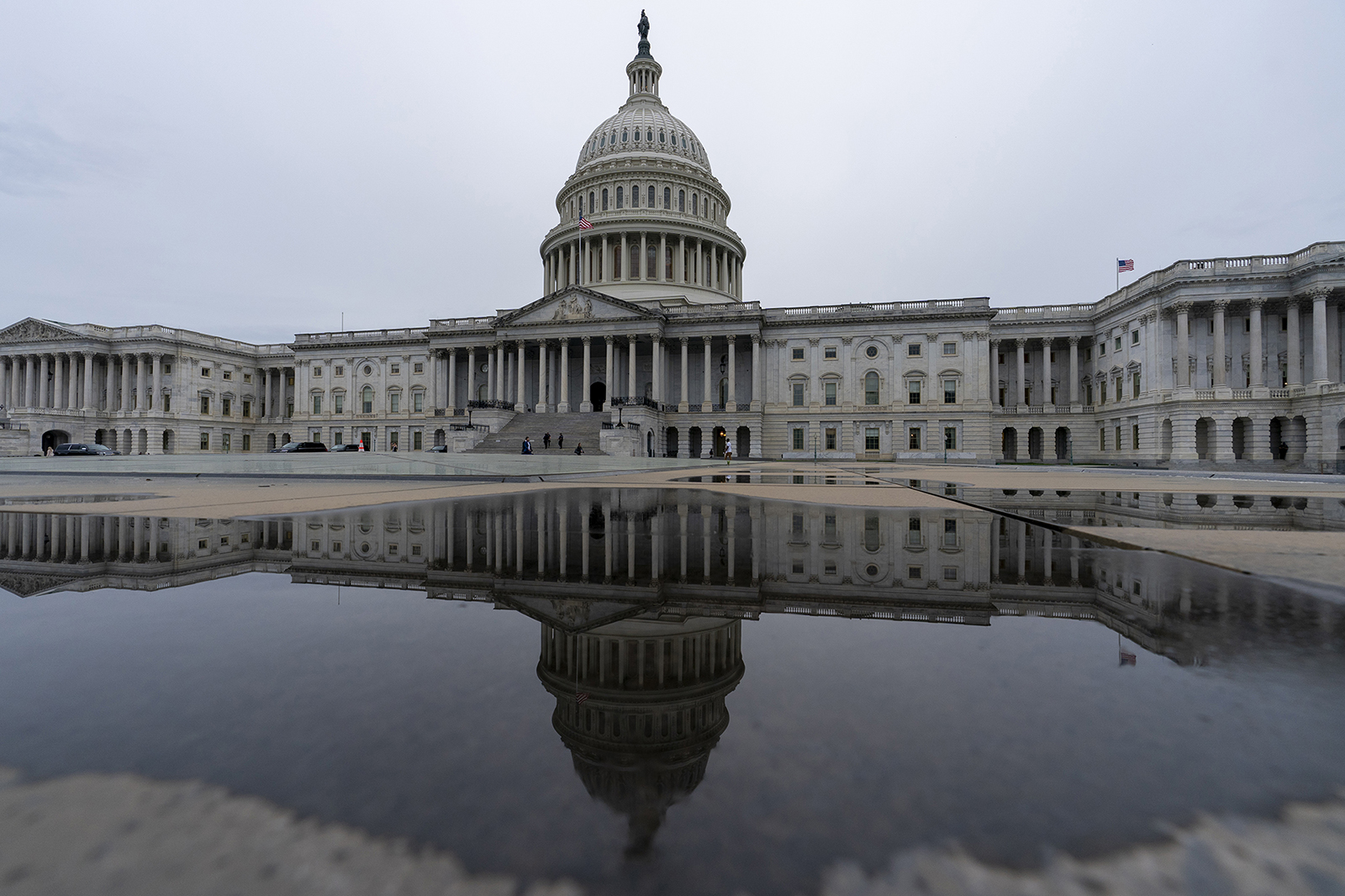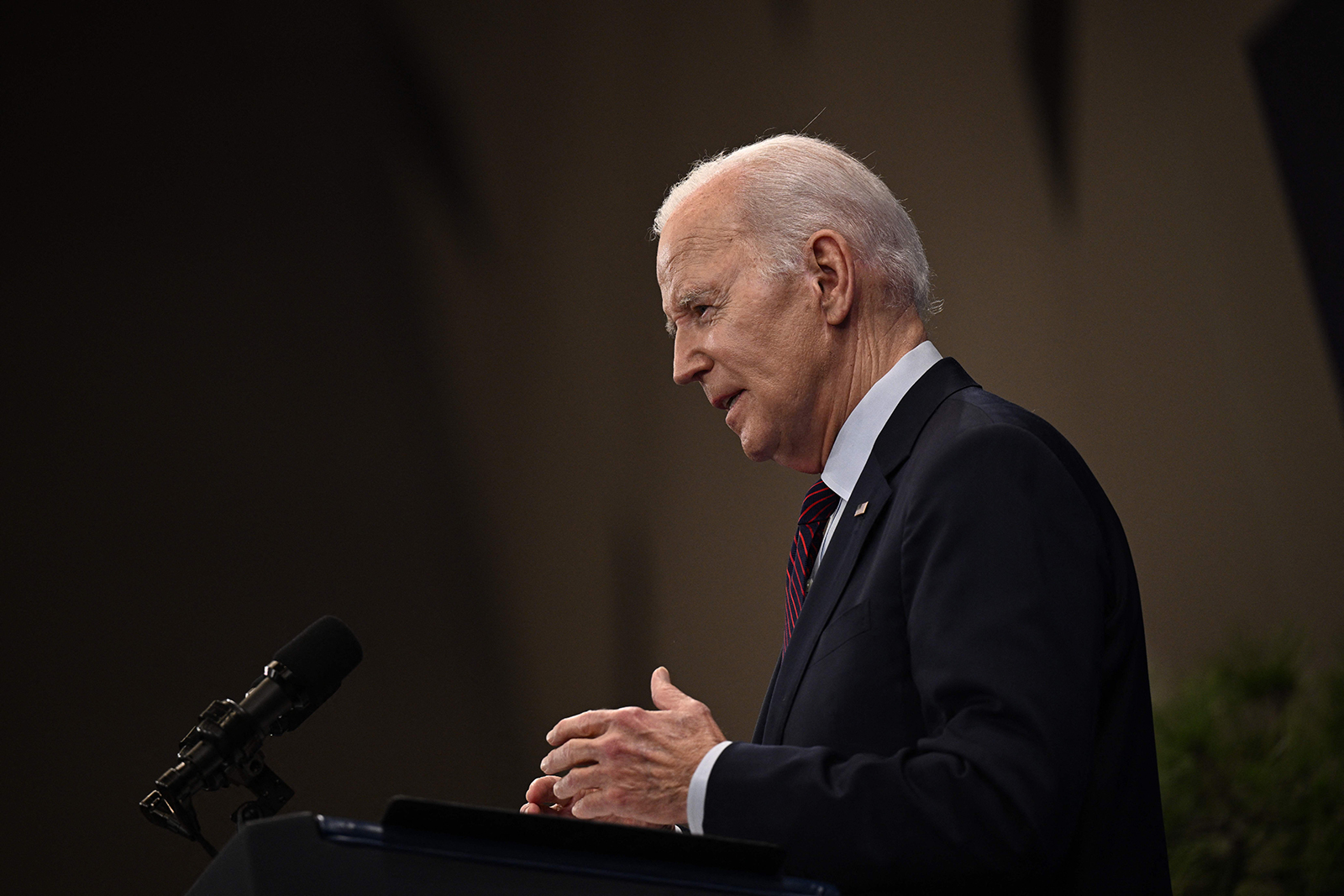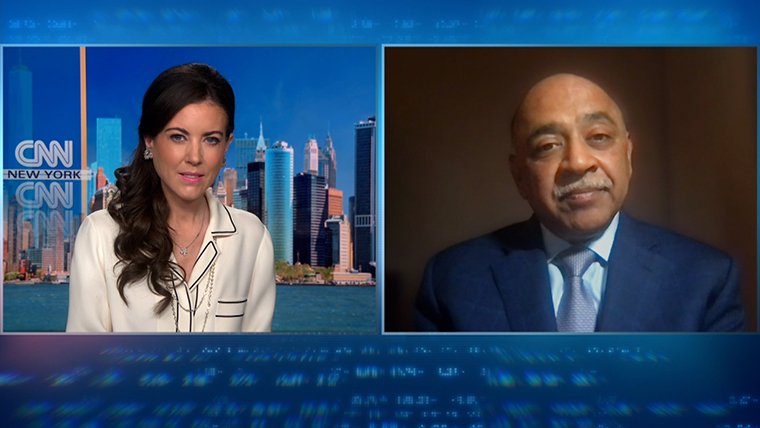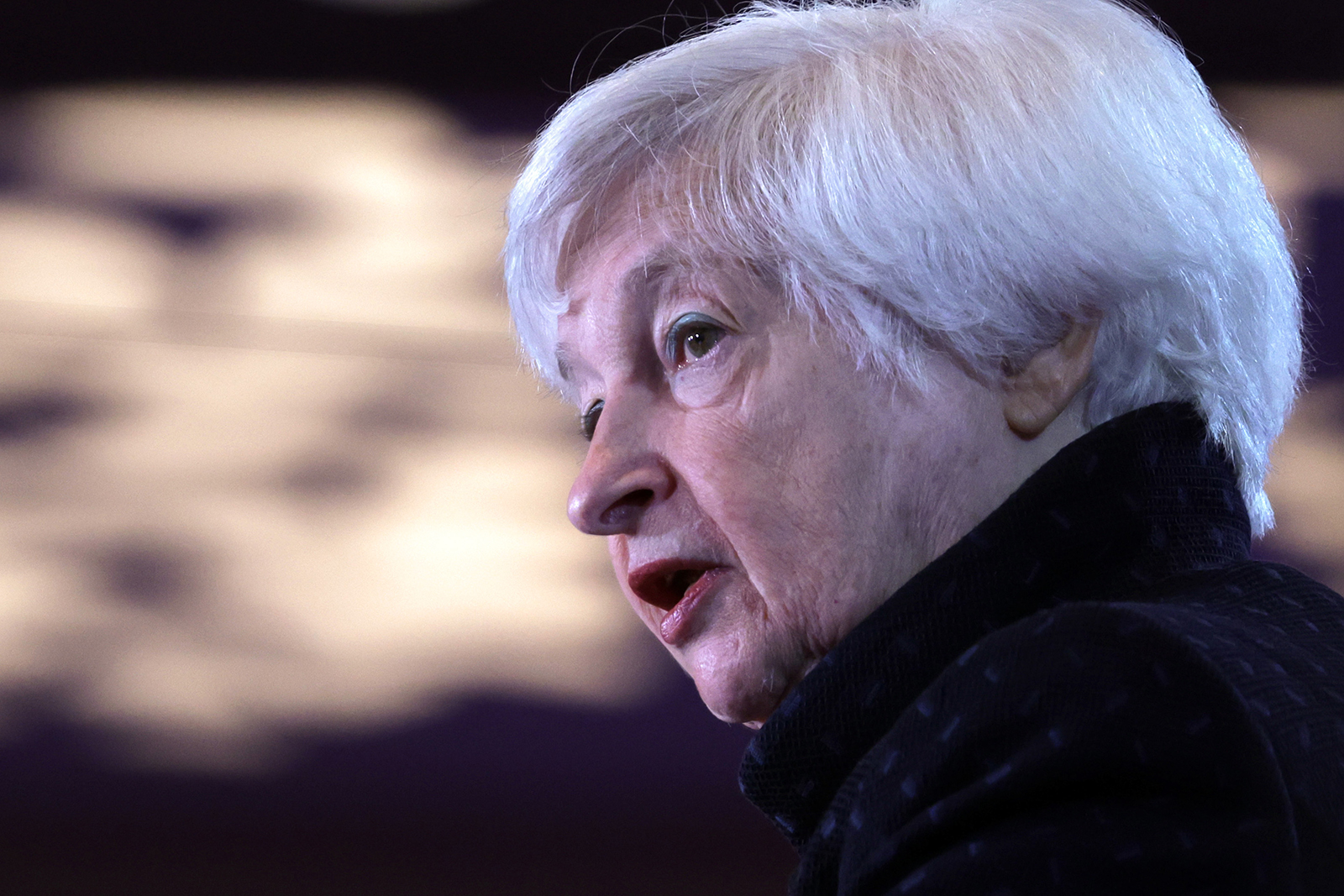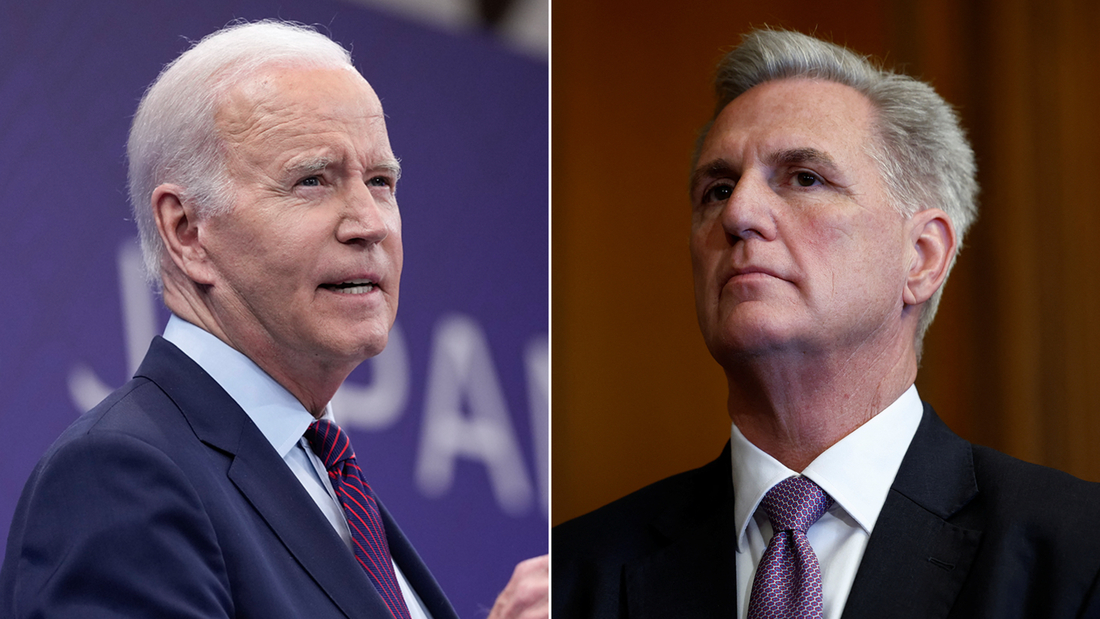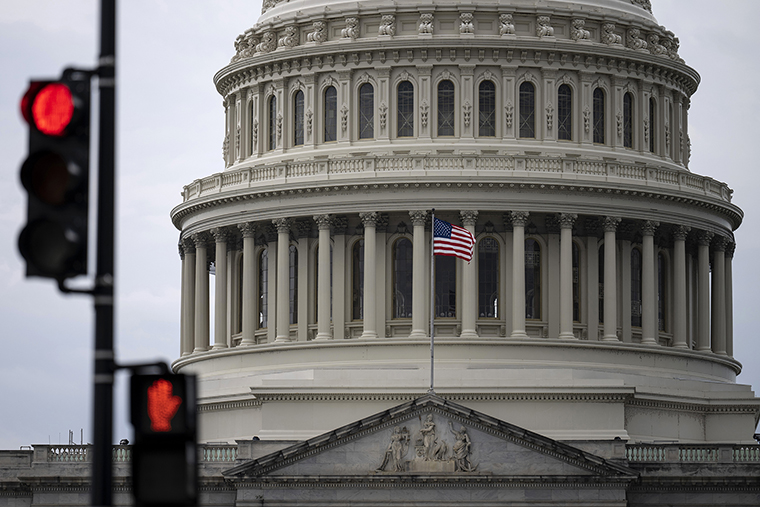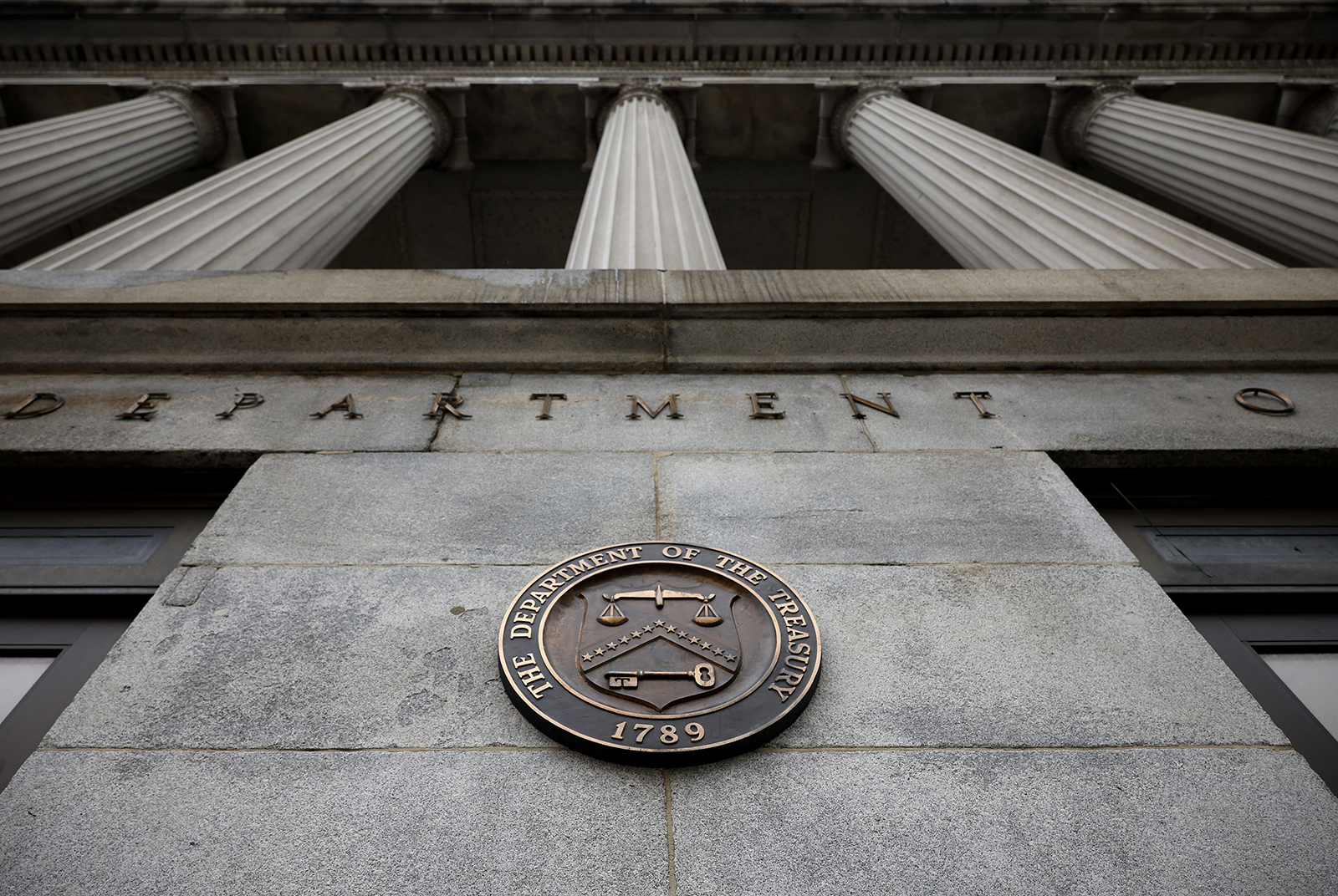
Cash levels at the US Treasury are shrinking and could drop to dangerously low levels by June 9, according to projections from economists at Goldman Sachs.
Treasury Secretary Janet Yellen reiterated over the weekend that early June is a “hard deadline” for Congress to raise the debt ceiling, with the federal government running out of cash as soon as June 1.
Goldman Sachs thinks there might be wriggle room – but not much.
In a report to clients late Friday, Goldman Sachs economists wrote that by June 8 or June 9, cash at the Treasury is likely to drop under $30 billion – the bare minimum level Treasury has used in the past to project the deadline.
“At that point, we believe there are even odds that the Treasury exhausts its funds entirely,” Goldman Sachs economists wrote.
The Treasury’s operating cash balance plunged to $57.3 billion as of the close of business on Thursday, down from $238.5 billion at the start of the month, according to federal data.
Goldman Sachs thinks there is a 70% chance that Congress will reach a deal to address the debt ceiling, and a 5% chance that the deadline gets pushed back.
That leaves a 25% chance of no deal in Congress, with the most likely outcome (15%) a short-term extension by Congress.
Goldman Sachs says there is a 6% chance that Treasury is forced to stop making most payments while continuing to make interest and principal payments on US debt, and a 4% chance that Treasury ignores the debt limit to continue borrowing and make all scheduled payments.
“While we expect a deal to occur ahead of the deadline,” Goldman Sachs economists wrote, “we also expect a few more twists along the way, and suspect that markets are likely to price in additional risk before the debt limit is finally raised.”



